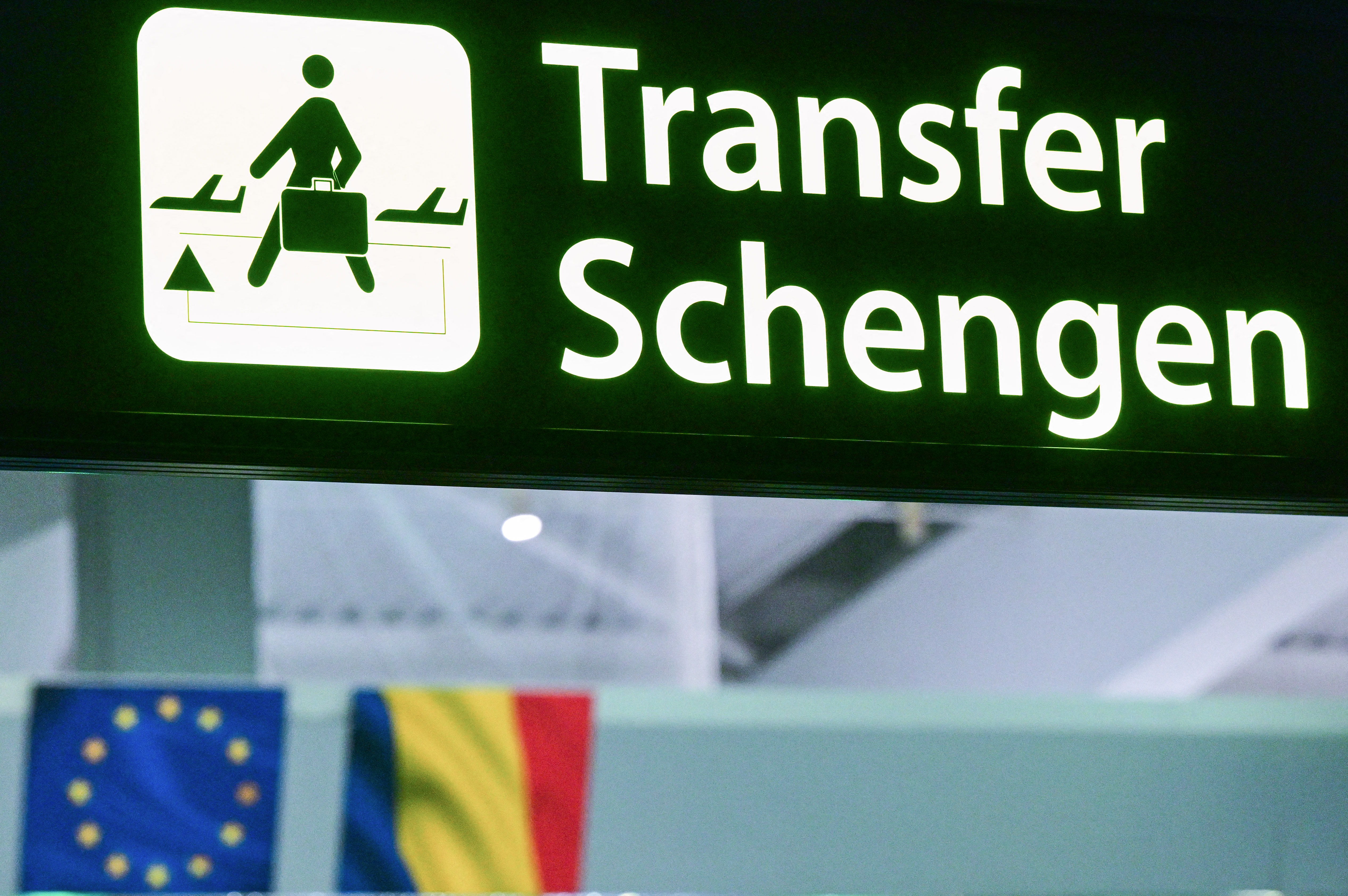Romania and Bulgaria granted full access to Schengen zone from January

European ministers have granted approval for Romania and Bulgaria to fully join the Schengen area. From January, checks at the land borders with other Schengen countries will be abolished, enhancing the free movement of people and goods within the European area without internal borders.
Romania and Bulgaria have been waiting to join the Schengen area since 2011. Earlier this year, partial progress was made with the removal of border checks at airports and ports. However, Austria had continued to block full accession, citing concerns about irregular migration.
The turning point came during a meeting in Hungary last month, where Austria acknowledged a significant reduction in migration through Romania and Bulgaria over the past year. “Immigration to Austria via the two countries has shrunk considerably,” said Austrian Interior minister Gerhard Karner.
"Immigration to Austria via the two countries has shrunk considerably"
As part of the agreement reached in Hungary, border checks between Hungary and Romania, as well as between Romania and Bulgaria, may continue for at least the first six months of 2025. This measure is intended to monitor and address potential shifts in migration routes.
Romanian and Bulgarian Foreign ministries celebrated the move in a joint statement, calling it “a historic decision”. Both nations joined the EU in 2007 but repeatedly complained that their nationals were treated as second-class citizens.
The European Commission confirmed in 2011 that both countries met the technical requirements for Schengen membership. However, resistance from member states, particularly the Netherlands, has delayed their accession, with demands for greater progress in combating corruption and organised crime.
Economic and trade benefits
“The expansion of the Schengen area will strengthen the single market and enhance tourism and trade relations for both countries,” the Commission said in a statement.
Lorry drivers, who have long endured lengthy waits at borders, also stand to benefit. “Currently, drivers face delays of 12 to 20 hours at border posts,” said Dimitar Dimitrov, president of the Bulgarian Road Transport Chamber.
With the inclusion of Romania and Bulgaria, all EU member states except Cyprus and Ireland will be part of the Schengen area. Non-EU countries such as Liechtenstein, Norway, Iceland and Switzerland also participate, offering free movement to almost 450 million people.
However, Schengen has faced challenges in recent years. Since the 2015 refugee crisis, a wave of terrorist attacks and the Covid-19 pandemic, several member states, including the Netherlands, France and Germany, have reintroduced temporary border controls.
At Thursday’s meeting, Luxembourg’s Léon Gloden expressed frustration over Germany’s ongoing border controls. However, his German counterpart, Nancy Faeser, defended the measures, citing high levels of irregular migration.
New European Commissioner Magnus Brunner underscored the importance of stronger external border management. “We must do everything we can to better protect the external borders,” said Brunner, who previously served in Austria’s government.
© PHOTO DANIEL MIHAILESCU / AFP
Related news
